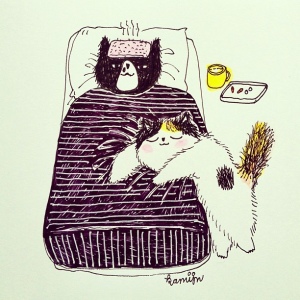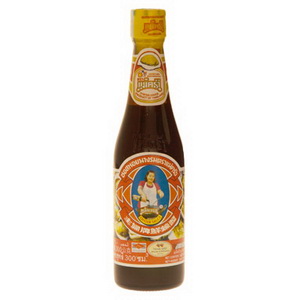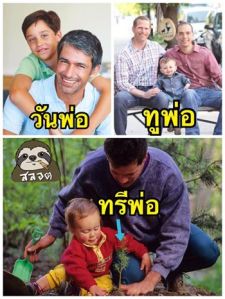Some time ago a student asked me to explain the difference between ตั้ง//tâng vs. เริ่ม//rêrm so here we go:
1. ตั้ง//tâng vs. เริ่ม//rêrm
ตั้ง//tâng + noun
คุณปู่ของเขาเป็นคนตั้งบริษัท
Khun pòo khŏrng khăo pen khon tâng borrísàt
His paternal grandfather was the one who founded/established the company.

Credit pic: here
ครูตั้งข้อสอบยากมาก
Khroo tâng khôr sòrb yâak mâak.
The teacher sets a very difficult exam question.
เริ่ม//rêrm + verb
น้องเมฆยังไม่เริ่มทำการบ้าน
Nórng Mêhk yang mai rêrm tham kaan bâan
Mehk has not started doing his homework yet.
 Credit pic: here
Credit pic: here
เขาจะเริ่มฝึกงานอาทิตย์หน้า
Khăo jà rêrm fèuk ngaan ahthíd nâh
He will start his internship next week.
And here are more examples:
ตั้งราคา//tâng raa khaa = to set the price
ตั้งค่าหัว//tâng khâa hǔa = to set the bounty
ตั้งชื่อ//tâng chêu = to set a name = to name
ตั้งนาฬิกา//tâng naalíkaa = to set a clock = to set the time
ตั้งตัว//tâng tua = to establish yourself
ตั้งใจ//tâng jai = to intend to/to make an effort to/to pay attention to
There are a couple more ways to look at ตั้ง//tâng:
2. ตั้ง//tâng (as much as…) vs. แค่//khâe (only…)
ตั้ง//tâng emphasises that the amount is very large and แค่//khâe emphasises that the amount is very small (according to the speaker). Here are some examples:
บ้านหลังนี้ก็ไม่ใหญ่ ทำไมราคาตั้ง 10 ล้าน
Bâhn lăng née kôr mâi yài, tham mai raa khaa tâng sìb láan
This house is not so big, why does it cost 10 million (baht)?

Credit pic: here
ก็อยู่ทำเลดี ใกล้ทางด่วน ขับรถแค่ 15 นาทีก็ถึงในเมืองแล้ว
Kôr yòo tham leh dee, klâai thaang dùan, khàb rót khâe sbì hâa nahthee kôr thěung nai meuang láew
The location is good, it is near the express way, only 15 minutes’ drive from downtown.
3. ตั้ง//tâng (stack) vs. กอง//korng (pile)
ตั้ง//tâng

Credit pic: here
กอง//korng

Credit pic: here































